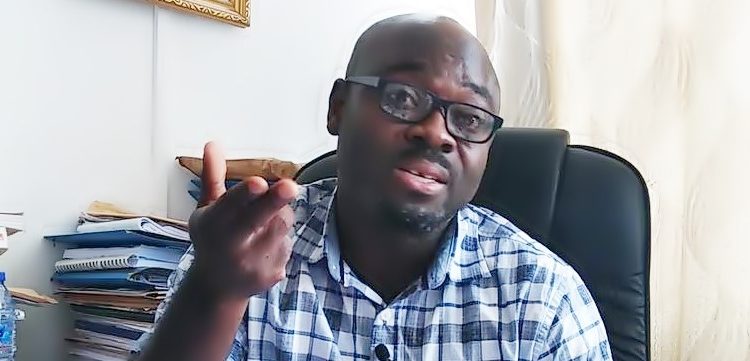Professor Lord Mensah, an economist, has cautioned the government to be cautious in its expectations of reaching an agreement with the International Monetary Fund (IMF) before the 2023 budget presentation.
To finalize a deal with Ghana, he believes the IMF would rather look at the 2023 budget, which would be submitted in November 2022.
He advised the government to instead use the budget to re-establish market confidence in reducing borrowing while sending signals of debt restructuring to the IMF.
This, according to Professor Mensah, will provide the government some breathing room to negotiate with the IMF from a strong position.
“I don’t think it is possible to get a deal with the IMF before the middle of November when we get ready to present the 2023 budget. My advice will be that we should rather use the budget to position the government for an IMF program”, he stated.

He added that before signing an economic rescue agreement, the government and the IMF must go through a number of steps and fine-tune them.
He warned that the IMF will not enter into a contract simply because a country is in severe need of aid.
“If you study the IMF carefully, they always want your debt stock to be at sustainable levels before they give you assistance. If your debt levels are bad, the IMF will ask you to do something about it before assisting the country”.
He noted that, given Ghana’s debt levels, it is not surprising that the IMF is asking the government to restructure its debt as a first prerequisite as part of the negotiations.
Prof. Mensah made some proposals, advising the government to come out and engage essential parties in the domestic financial sector to calm the market.
He emphasized that such a step will not only stabilize the local bond market but will also provide some measure of assurance to investors who are now uncertain about the future government move.
He warned that keeping investors in the dark simply fuels speculation, exacerbating the country’s economic woes.
He blamed the issue in part on rising prices and cedi depreciation, which he predicts will worsen.














